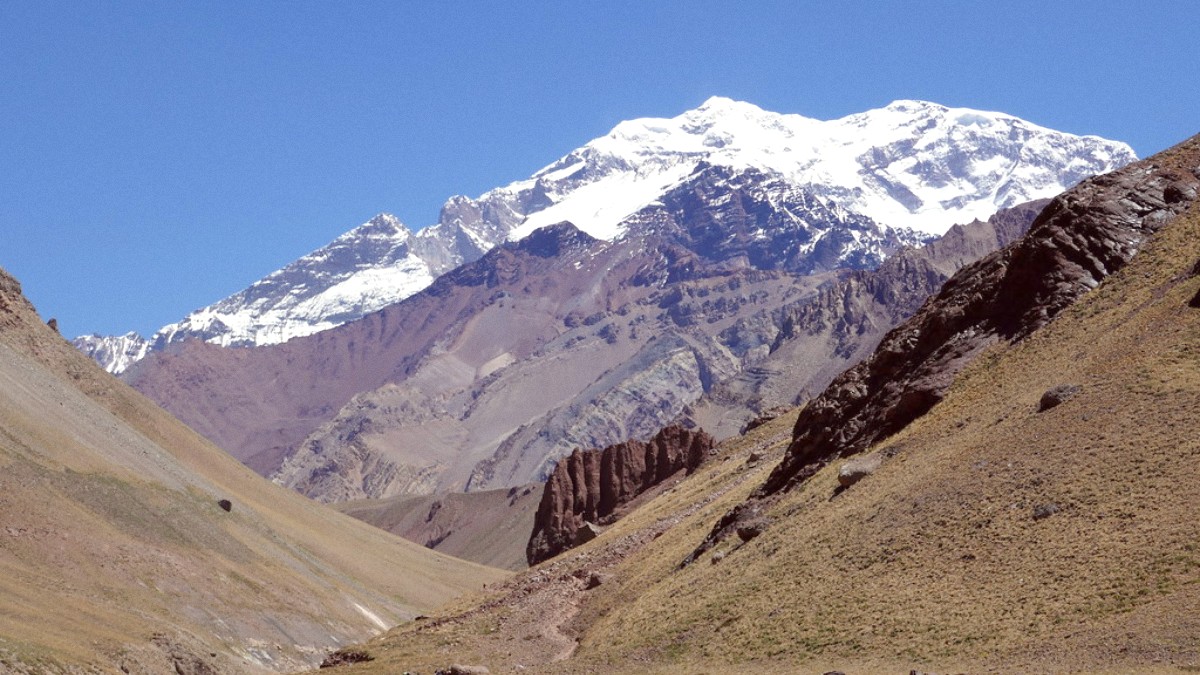
Central Argentina, Argentina
A protected natural area focused on conserving the unique Andean ecosystem.
Preserves a high-desert ecosystem, known for its biodiversity and thermal springs.
Many Bodegas adopt sustainable and organic viticulture, including efficient water use.
Protecting Mendoza's environment through thoughtful actions.
Recycling programs exist in Mendoza city but are not as widespread as in some European countries.
Mendoza relies heavily on snowmelt for irrigation and urban areas.
Look for hotels and tour operators committed to sustainability. Newer wineries in Uco Valley are built with sustainable architecture.
Explore EcobnbConsider choosing direct flights and carbon offset programs. Public transport or bicycles reduce your carbon footprint locally.
Offset with TerrapassYour actions can contribute positively to Mendoza's environment and communities.
Engaging respectfully with local culture enriches your journey.
Support local museums and cultural centers that work to preserve Mendoza's heritage.
A few basic Spanish phrases show respect and ease communication.
Politely ask permission before taking close-up photos of individuals.
A simple gesture or "Permiso?" is often enough. Be discreet in religious sites; avoid flash where prohibited.
Dress respectfully (shoulders and knees covered) when visiting churches. Maintain quiet during services.
Consider ethical tour operators such as G Adventures for responsible travel.
Support the local economy directly and contribute positively to community well-being.
Seek out tours and experiences that benefit local communities, like family-run guesthouses or artisan workshops.
Purchase souvenirs directly from local artisans at markets. This ensures they receive a fair price for their work.
Conservation organizations with stores, such as The Rainforest Site, direct funds to environmental causes.
Donate through established local charities or non-governmental organizations (NGOs).
Avoid giving money directly to individuals on the street. This ensures aid reaches those most in need.
Research reputable local organizations before your trip for sustainable support.